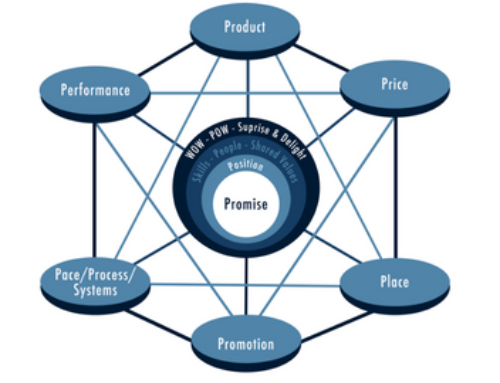A great New Year's resolution to make is to define, clarify, nurture and craft your online brand. Everything you post and relay on the Web on the web contributes to your online persona that virtually anyone can see and paint a picture – good, bad, indifferent – of who we/you are.
Do you know what Google says about you? If you don't know, you better find out now and continuously work to improve your positive results.
If you're a college student, check out these stats:
- 77% of recruiters report using search engines to find background
data on candidates - Of that number, 35% eliminated a candidate
because of what they found online - 10% of admissions officers research social network
profiles to evaluate applicants. - 38% of the colleges that factor
information gathered from the social web, revealed that their findings
"negatively affected" their views of the applicant, with several
admissions officers rejecting students because of the publicly shared
content.
Keep these stats in mind the next time you post a partying picture of you and your friends on Facebook!
For you professionals, here are a few quick tips to improve your online brand.
- In a search for your name, hopefully you're the top person recognized.
A moderate amount of online activity and publishing will help you rise above other people with the same name. If you have a common name, like Tom James, you have to
work hard to be on the first page of listings. - In the case of a personal name, a simple strategy for improving
your search engine placement is to make sure your name is
included in the <TITLE> tag on your page, and prominently used
throughout the page. - Work on getting inbound
links to your site that hopefully containing your name. Three great ways to do this are:- Develop an HTML signature to use in web-based discussion
forums that has your name as a hyperlink to your Web site. Every
message you post then becomes a link to your site for the search
engines to add to their index. - Publish articles as much as you can, making sure
that they always include an extended byline that links to your website,
preferably with your name as the text for the link. - Create a Blog and take advantage of automated technologies for creating inbound links to your
site. In addition to increasing link popularity, this will drive direct
traffic from other bloggers, usually experts and thought leaders.
- Develop an HTML signature to use in web-based discussion
Here are a few ideas to help you get rid of the trash that's on the Web about you too.
- Put your name in
quotes, i.e., "Stephen Wayhart" (around 612 results) vs. Stephen Wayhart
(over 973 results), to reduce the number of results. - If informatation you find is false or slanderous, you can try to contact
the site and have them remove it. If, it's a matter
of public record, like a lawsuit, you need some
damage control. Simply provide an ample supply of good
information about you and continue to publish good information about you to push the bad stuff far, far away. Also, you can place answers on your Web site to set the record straight.
Hope this helps!







